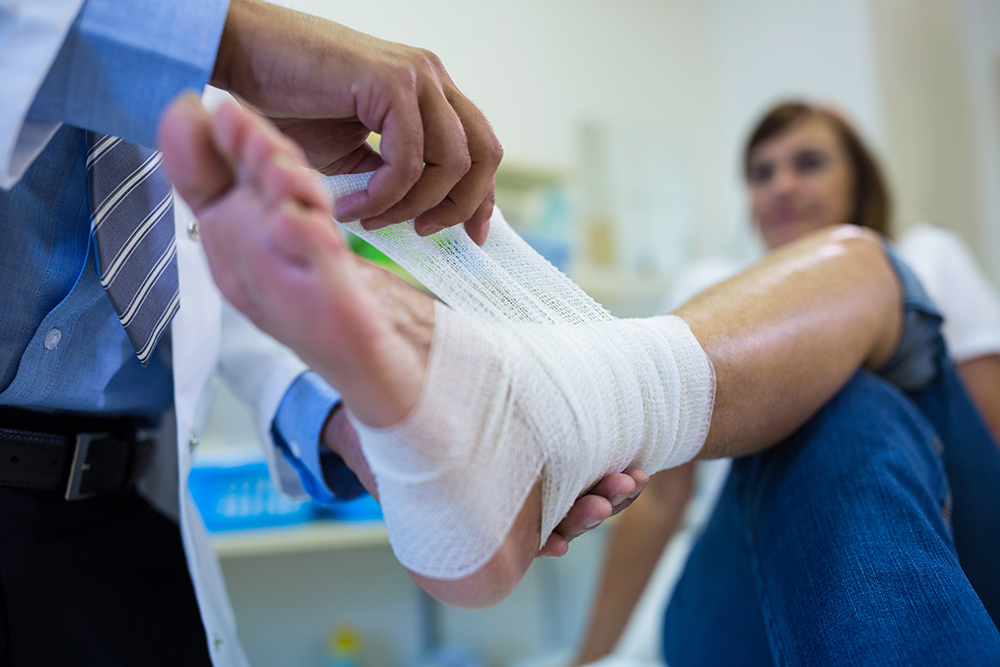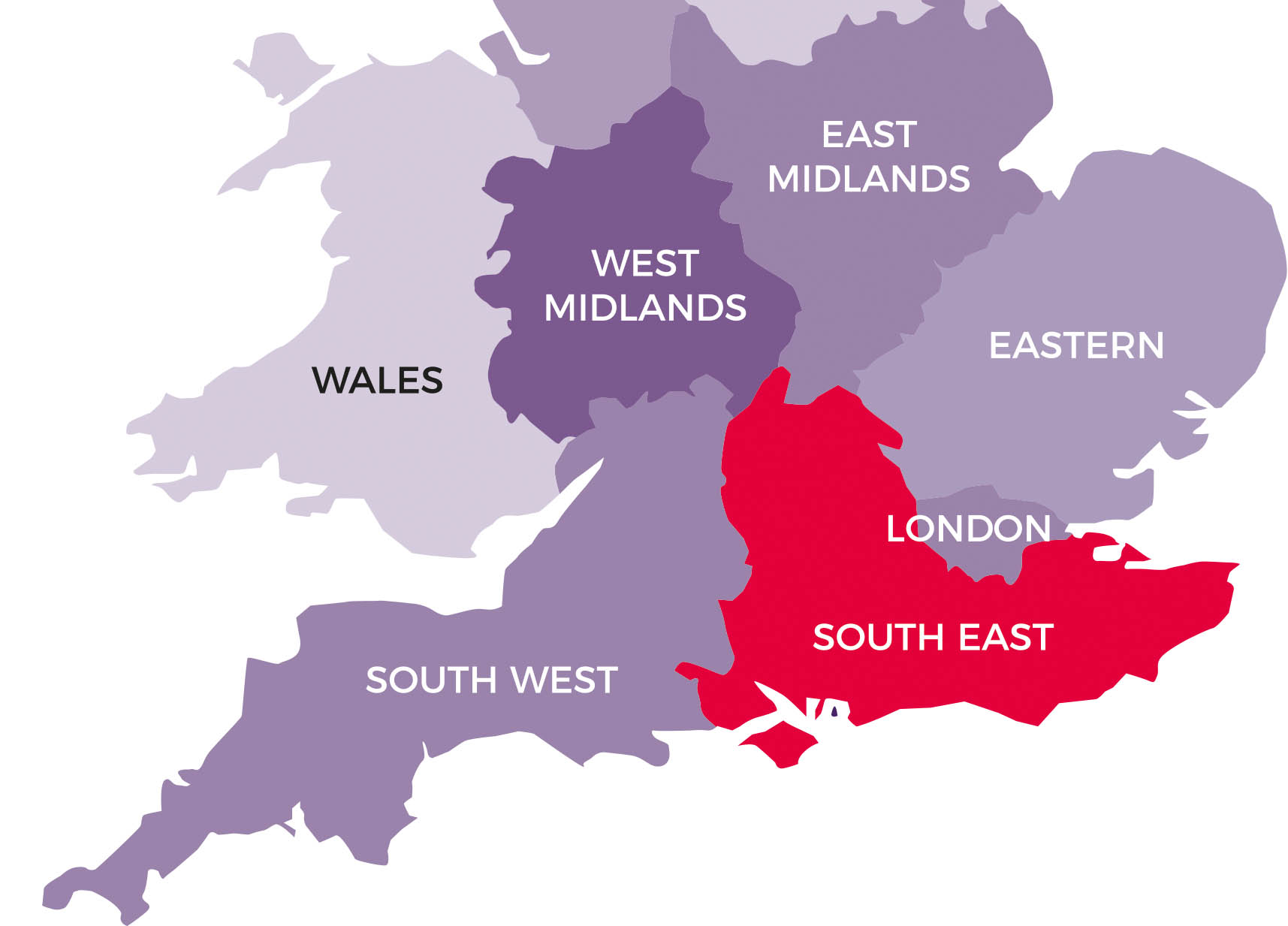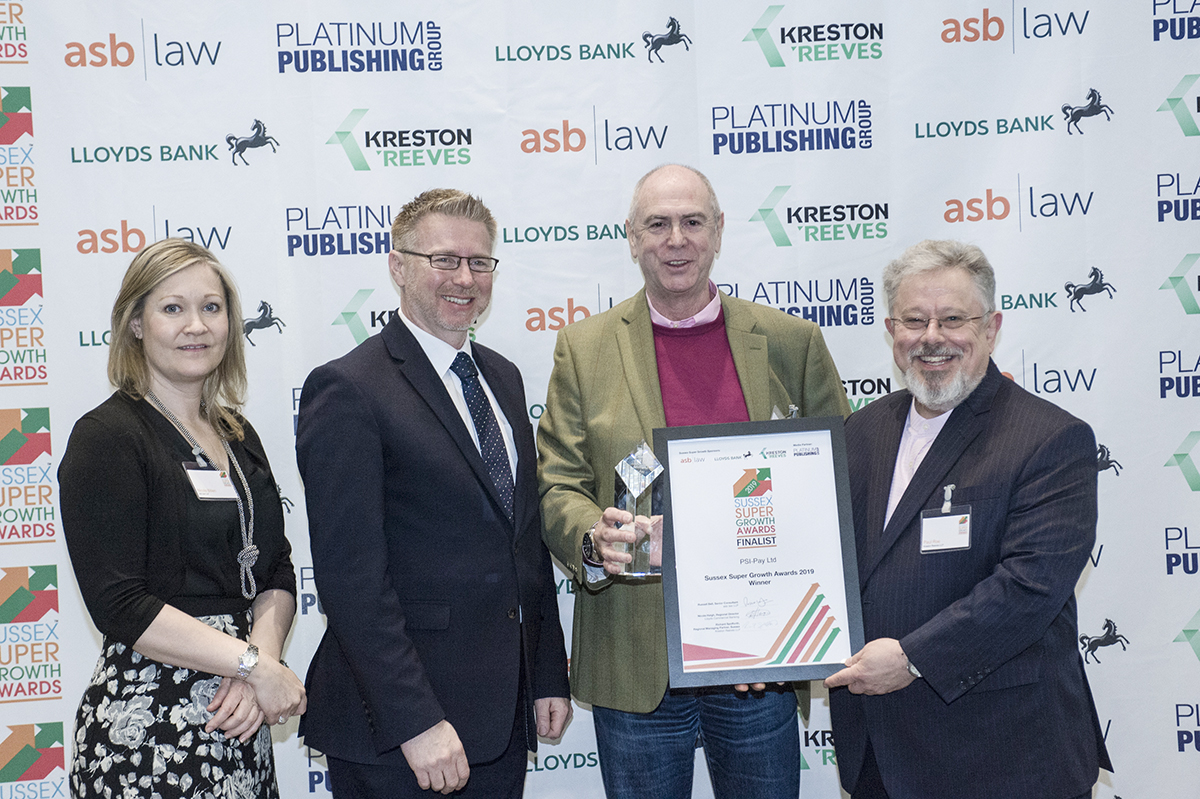
Unfortunately, accidents happen and very often while you’re at work. The consequences can range from pain and suffering, sometimes with long term effects, to loss of income and additional outgoings in terms of care and rehabilitation costs. Suffice to say that if you are unlucky enough to have suffered an injury at work, this can cause all manner of problems.
There is, however, a silver lining. If it can be shown that the injury that resulted from the accident wasn’t your fault, you could claim for compensation. This makes it very important to establish who is to blame. Should it turn out that the injury was caused by someone other than yourself, or even by procedures not having been put in place to protect you, you may be able to claim back money for your care and to compensate you for loss of earnings.
Establishing fault
If you wish to make a personal injury claim for compensation, someone needs to be at fault. If it is proven that you are solely to blame for your accident at work, you won’t be able to claim for compensation. The first thing to establish, therefore, is whether the correct safety measures were in place and whether anyone else was involved. If this was the case and you simply made a mistake and caused the accident, there’s nothing to be done.
That said, it’s always easy, indeed often a natural reaction, to blame ourselves in the first instance, even when we may not have been at fault. Perhaps you did something you shouldn’t have done, or weren’t following procedures? But even if that was the case, you may not be entirely to blame for the accident. If your manager or employer asked you do something that they shouldn’t have asked, or the right safety measures were not in place, the fault may lie with them.
Shared blame?
Often it is the case that there isn’t one clear cut answer; several parties may be to blame. It is, in fact, a rarity to be able to apportion blame for an accident in the workplace that is immediate and obvious. In the aftermath of the accident, there may well be considerable confusion over what actually happened and it what order, and who said what to whom.
An undisputed recounting of events that lays the blame solely at one person’s door is virtually unheard of. So, while it may at first seem that you are entirely at fault for the accident, upon closer inspection it can transpire that other issues also contributed to the incident taking place.
Let’s take the example of a building site accident involving a fall from a ladder. You may have been using a ladder but not following correct safety practices. But you may also have been given the incorrect ladder for the job. If this is the case, you may be able to claim compensation based on the fact that your employer failed to provide the right equipment for the job you were asked to carry out.
If it can be proven that you are partly to blame too on account of not following the correct ladder safety practice, you may have to accept a reduction in the compensation amount awarded.
What to do?
As you may have gathered by now, accidents at work and who to blame for them is a complex subject. If you are unfortunate enough to have suffered an injury in the workplace as a result of an accident, gathering evidence is a critical first step Write down the chronology of events, including all the potential reasons why the accident could have occurred, and take legal advice as soon as you can.
An experienced personal injury solicitor will, sadly, have seen it all before which, luckily for you, means that they will know exactly what you should do and how high your chances of a successful claim are. Choose a solicitor with plenty of experience in cases that are similar to yours, and someone who can explain clearly what options are available to you and how, together, you can take the necessary steps to claim compensation. It may be helpful to know that many personal injury lawyers work on a no-win, no-fee basis.





